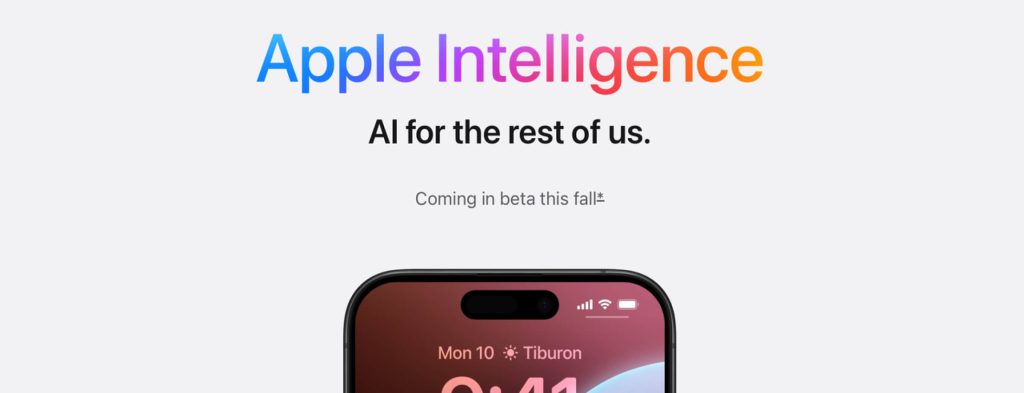Blockchain is believed to be one of the useful technologies that can help the financial industry grow and save a lot of resources. Blockchain is known for its high level of security in storing and transmitting the data. It has open and transparent infrastructure and low cost of operations. All these characteristics of Blockchain make it one of the most promising and demanding solutions, even in conservative and restricted financial industry.
Many financial institutions and companies cannot carry out their operations without mediators. However, the involvement of mediators and their participation makes it expensive. Here, the implementation of Blockchain eliminates the participation of the mediators and makes it possible for the financial enterprises to serve their customers at cheaper rates.
According to one of the studies conducted by Accenture Company, it states that over half of all top managers admit that blockchain is going to play a crucial role in the success of financial companies in the upcoming years. The analysis showed that the banking sector will save up to $20 billion by 2022 by implementing blockchain. (source)
Blockchain has a wide scope of applications ranging from cryptocurrency and smart contracts to financial services, supply chain and many more. Not only this, the benefits it brings to any financial institution makes Blockchain a need!
This technology is considered to be beneficial because of the two main features:
Immutable
The blocks in the blockchain maintain an accurate history of transactions and there are multiple copies created, so it’s considered hard or difficult to modify or delete the data contained in the blocks. To do so, every copy of the block needs to be changed and that requires a successful hacking. But practically it’s next to impossible.
Distributed
The whole system is distributed. There are multiple copies created. A public Blockchain gets published and copied to various places. The newer transactions get broadcasted to a wide network of participants, who add those transactions to the log. There is no human involvement in managing the ledgers, but the system is designed in a way that everyone’s log contains identical information.
Let us see how blockchain is reshaping the financial industries with its unique features.
1) Effortless Money Transfer
Transferring money internationally using the traditional method over time has now become clumsy and expensive. There is a need for improvement and banks have already started using blockchain for remittances. Blockchain technology helps minimize exposure to cryptocurrency and improve remittances. Several banks have collaborated with Ripple (payment protocol) to facilitate international payments using blockchain technology.
Money transfers based on the blockchain method not only saves banks time but also benefits the customers. With the implementation of blockchain technology, the payments can be transferred online using mobile phones.
Handpicked Content for You
Blockchain Tokenization of Financial Assets: Advantages & Disadvantages
2) Transaction Details
Another benefit of using Blockchain in the financial industry is that this technology helps keep the track of the transactions, which actually proves to be useful in many areas. The blocks maintained in the technology contain the required information and that makes it easier and more efficient to track the ownership.
3) Reduced Frauds
Blockchain is highly resistant towards hacking, modifications, and deletion of data, DDOS attacks, and other frauds. With the decrease in frauds, the costs of business decreases and the savings benefits everyone. The enabled digital ID in blockchain makes it easier to recognize individuals accurately.
4) Direct & Inexpensive Payments
When we make payments using traditional methods, the fund moves through banks, credit card processing, and other intermediaries. Each step increases the complexity and all the service providers that act as intermediaries expect fees for the role, they play in the money transfers.
But with the use of blockchain technology for making payments, the merchants pay processing fees and that eats into profits proving beneficial for merchants. Cheap blockchain payments is an absolute option for merchants.
Sometimes payments made by check also get troublesome, in cases where the check bounces. Also, electronic payments from customer checking accounts fail. But the payments that are based on blockchain provides merchants with certainty within a few seconds.
5) Financial Inclusion
People who avoid bank accounts due to high fees, minimum balance requirements and lack of access may be better served by blockchain solutions. With low costs and allowing startups to compete against banks, blockchain can promote financial inclusion. Instead of the asset needs and regular income for banks, they need only a mobile device. With the traditional payment methods, identifying an individual becomes complicated whereas digital IDs can prove to be useful here.
CONCLUSION
Blockchain technology is still new and it’s still a bit of a virtual concept, although many businesses and banks are experimenting with it and trying to develop the technology. Blockchain, no doubt is the safest technology to be implemented in the Fintech industry as it stands out in terms of protection, privacy matters. All the issues faced with the use of conventional methods can be resolved with the implementation of blockchain.






